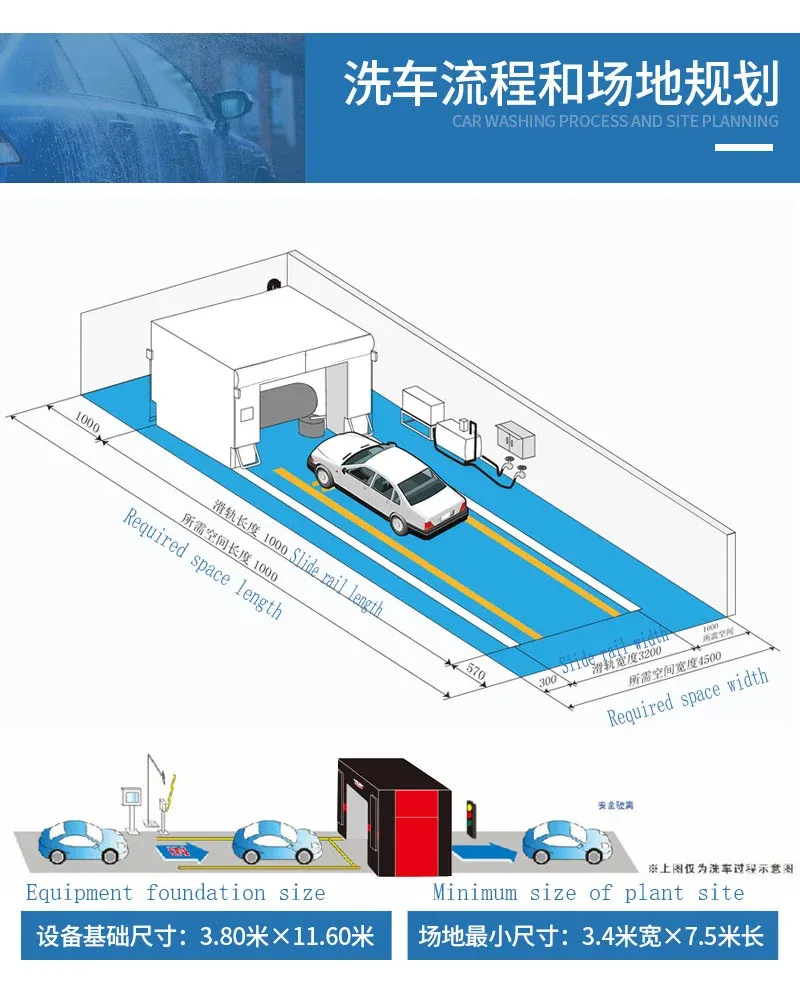
- Afrikaans
- Albanian
- Amharic
- Arabic
- Armenian
- Azerbaijani
- Basque
- Belarusian
- Bengali
- Bosnian
- Bulgarian
- Catalan
- Cebuano
- Corsican
- Croatian
- Czech
- Danish
- Dutch
- English
- Esperanto
- Estonian
- Finnish
- French
- Frisian
- Galician
- Georgian
- German
- Greek
- Gujarati
- Haitian Creole
- hausa
- hawaiian
- Hebrew
- Hindi
- Miao
- Hungarian
- Icelandic
- igbo
- Indonesian
- irish
- Italian
- Japanese
- Javanese
- Kannada
- kazakh
- Khmer
- Rwandese
- Korean
- Kurdish
- Kyrgyz
- Lao
- Latin
- Latvian
- Lithuanian
- Luxembourgish
- Macedonian
- Malgashi
- Malay
- Malayalam
- Maltese
- Maori
- Marathi
- Mongolian
- Myanmar
- Nepali
- Norwegian
- Norwegian
- Occitan
- Pashto
- Persian
- Polish
- Portuguese
- Punjabi
- Romanian
- Russian
- Samoan
- Scottish Gaelic
- Serbian
- Sesotho
- Shona
- Sindhi
- Sinhala
- Slovak
- Slovenian
- Somali
- Spanish
- Sundanese
- Swahili
- Swedish
- Tagalog
- Tajik
- Tamil
- Tatar
- Telugu
- Thai
- Turkish
- Turkmen
- Ukrainian
- Urdu
- Uighur
- Uzbek
- Vietnamese
- Welsh
- Bantu
- Yiddish
- Yoruba
Cost Analysis of Automatic Car Wash Equipment for Your Business
The Cost of Automatic Car Wash Equipment An In-Depth Analysis
In today’s fast-paced world, convenience is a top priority for many consumers, and automatic car washes have gained immense popularity. Both car owners and entrepreneurs are increasingly turning to automatic car wash systems due to their efficiency and ability to cater to a continuous stream of customers. However, anyone considering the setup of an automatic car wash must understand the associated costs of the equipment involved.
The Cost of Automatic Car Wash Equipment An In-Depth Analysis
There are several types of automatic car wash systems, each with different price points. For instance, in-bay automatic systems usually start at a lower cost than tunnel systems. In-bay car washes usually require an investment of around $100,000 to $200,000. They tend to occupy less space and are easier to manage, making them a favorable option for many entrepreneurs. On the other hand, tunnel car washes, which can wash multiple vehicles simultaneously, are generally more expensive, with costs starting at approximately $300,000 and going up to $700,000 or more, depending on the level of automation and customer experience enhancements they provide.
automatic car wash equipment cost

The equipment purchased is just one aspect of the overall cost. Installation can add another layer of expense, often ranging from $20,000 to $100,000. Additionally, ongoing operational costs—such as water, electricity, chemicals, and maintenance—must be factored into the long-term profitability of the car wash business. While the initial upfront investment is significant, many owners report that an automatic car wash can yield a high return on investment if located in a high-traffic area.
Moreover, it is essential to consider the technology landscape when investing in car wash equipment. Modern systems often integrate advanced features such as touchless washers, foam application, and water reclaim systems to improve efficiency and appeal to environmentally conscious consumers. These innovative technologies may carry a higher price tag but can attract a broader customer base and enhance customer satisfaction.
Furthermore, potential owners should also evaluate financing options and warranties effectively. Well-structured finance plans can ease the initial cost burden, while comprehensive warranties can mitigate unexpected repair costs.
In conclusion, investing in automatic car wash equipment involves significant upfront costs and thoughtful consideration of ongoing expenses. By understanding these costs and assessing the choices available in the market, potential owners can make informed decisions that align with their financial capabilities and business goals. Thus, the journey from an idea to a successful car wash operation, while expensive, can be a lucrative venture when approached strategically.
-
Integrating Aqua Tunnel Car Wash in Shopping CentersNewsJun.24,2025
-
Gas Station with an Auto Car Wash MachineNewsJun.24,2025
-
Efficiency in Your Aqua Tunnel Car Wash: Power & Water-SavingNewsJun.24,2025
-
Car Wash Business with Advanced Auto Car Cleaning MachinesNewsJun.24,2025
-
Balancing Setup Costs with Aqua Tunnel Car WashNewsJun.24,2025
-
Aqua Tunnel Car Wash: Eco-Design for the Energy-Savvy EntrepreneurNewsJun.24,2025



